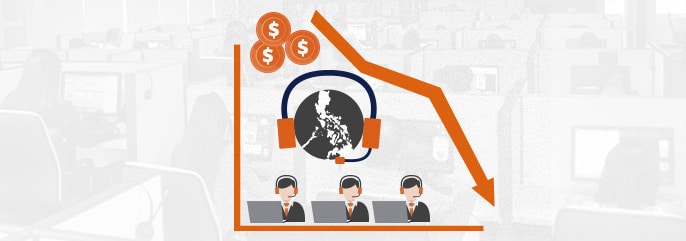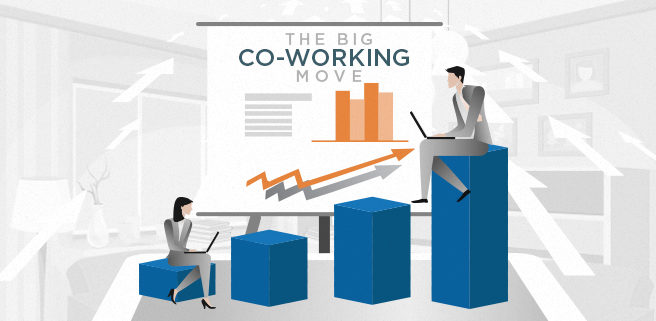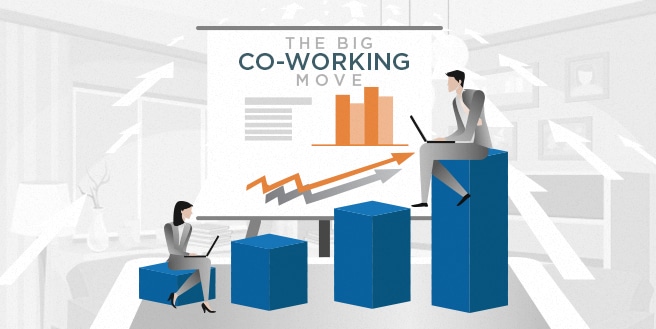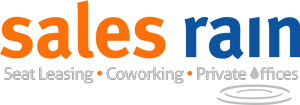The Positive Growth of Startups and Flexible Workspaces

There’s an estimated 300 million people trying to start about 150 million businesses and about one third of them will be launched – resulting to about 50 million new firm births per year.
In the recent years, the economy witnessed an upsurge on startup companies. According to the 2015 Kauffman Foundation Index on Startup Activity, the number of startups ascended during the year 2014 after going through a downward cycle from the year 2010. In addition to this, the rebound startups represent strength in the economy and could generate hope for further economic growth.
From the same report of Kauffman Foundation Index, 84% of new entrepreneurs started their companies because of opportunities they spotted while up to 10% of it was because they couldn’t find employment – more so because they found a necessity.
Recent surveys have found that last year have been a kind year for diversity. Rising from 220 per 100,000 to 260, the number of women who opened startups reach its highest rate in almost 20 years. The minorities and immigrants gained as well.
As for sales, small companies have experienced a 7 percent boost in their revenue within the year 2015 with an overall of 45% increase over the past six years according to the financial analysis firm Sageworks.
Startups and Flexible Workspaces
 Accompanying the upsurge of startups is a demand for workspaces that would fit the needs of a budding company. With limited time and resources, startups need all the help that they can get.
Accompanying the upsurge of startups is a demand for workspaces that would fit the needs of a budding company. With limited time and resources, startups need all the help that they can get.
There are angel investors, companies who act as patrons that invest in startup companies for the exchange of equity ownership. Startup Accelerators providing education, mentorship and financing as support to them. Incubators on the other hand provide workspaces, funding, mentoring and training. As well as Business Process Outsourcing companies or BPOs that provide resources and manpower.
Another kind of firm that helps them thrive are flexible workspaces.
The demand for affordable yet competitive office space for small businesses and enterprises created a market for a flexible system that would benefit all industries. Providers of seat leasing services, private offices, and virtual office plans relieve them of the financial burden that comes with traditional office spaces.
One of the most established office solutions in the industry, Seat Leasing provides its clients with premier office space and more flexible terms. A startup can easily bootstrap its first office with sites ready for plug and play.
Inclusive of the latest equipment and facilities needed for operations to run smoothly, seat leasing have become one of the go-to options of young entrepreneurs in choosing their company’s first ever office. Moreover, it saves money and time, both of which are detrimental to the success of a company building its name.
The latest addition to the different kinds of flexible workspaces, Coworking Spaces’ rise to fame can be traced to the numerous benefits it gives not only to the business itself but as well as the positive impact it has on employees.
Creating a platform for innovation and collaboration, Coworking Spaces is a shared workplace that caters to this generation’s freelancers, startup teams and young professionals. It offers private and shared desks as well as business lounges — giving its members the freedom to choose the office environment that they need.
Several studies and surveys have confirmed the claims of an increase in productivity and overall happiness reported by coworkers. In addition to this, the community fostered within these communal areas and the opportunity of expanding network is what attracts startups to opt for the membership based office space. In addition to this, members get more control in their working hours – allowing them to have a better work and life balance.
Today’s technology gave our workforce more opportunities to do what they love. Accompanied by the tried-and-tested helping hands of the industry as well as the new ones, startups can face the coming economic challenges with confidence.
The increase of startups have inspired people to rid themselves of the job they had to get in order to survive and create a job that they actually want. Though it’s never rosy, we’re here to help.


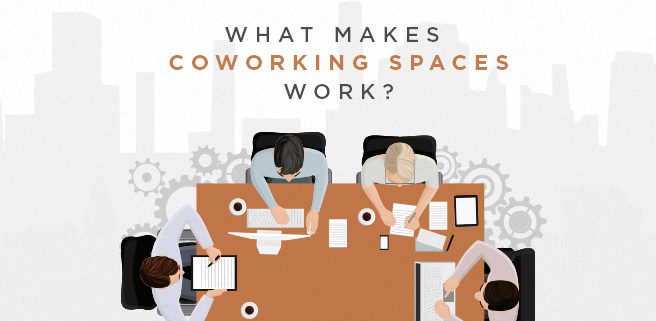
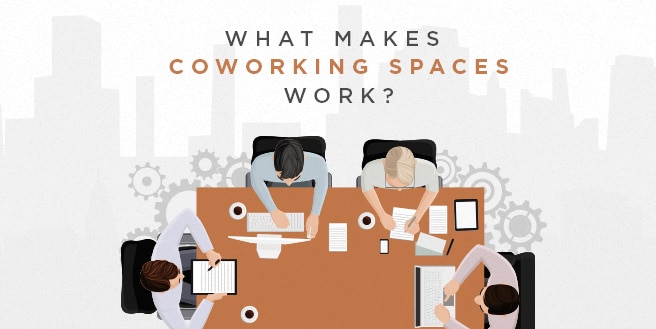
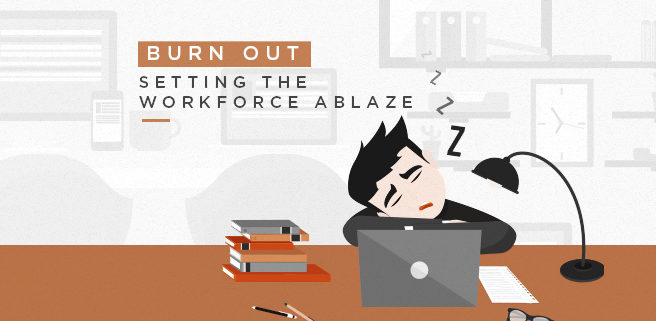

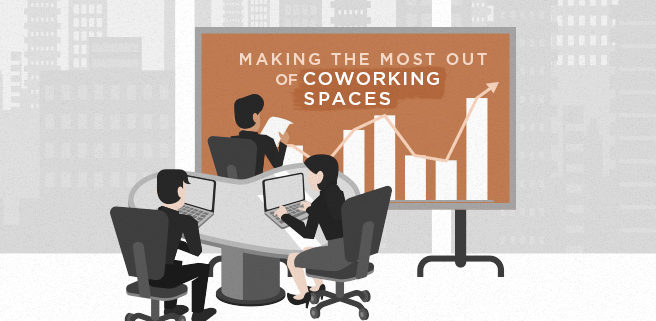
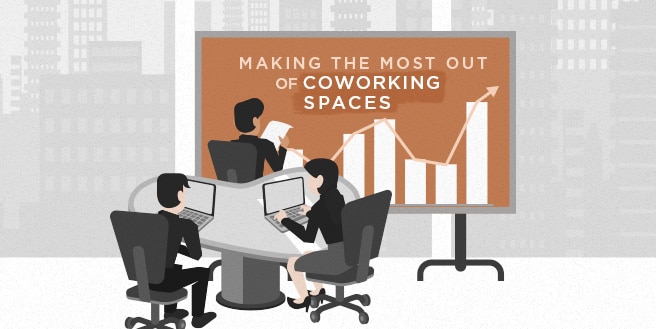
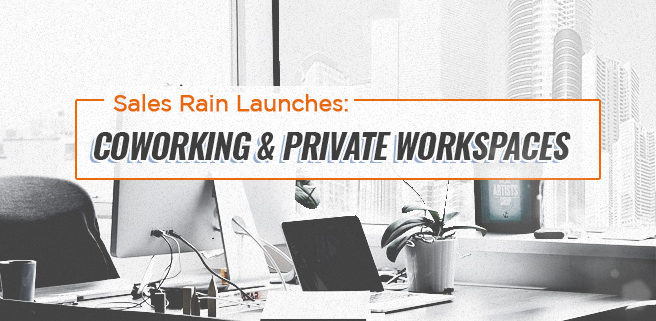
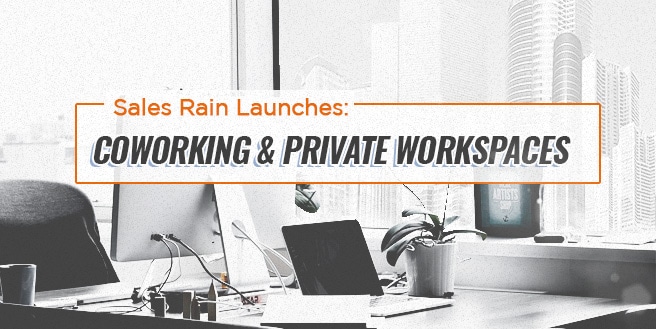
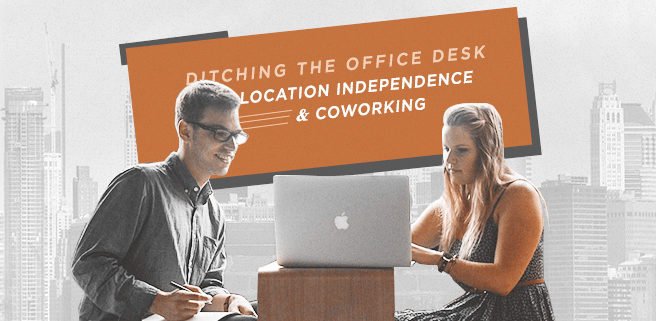
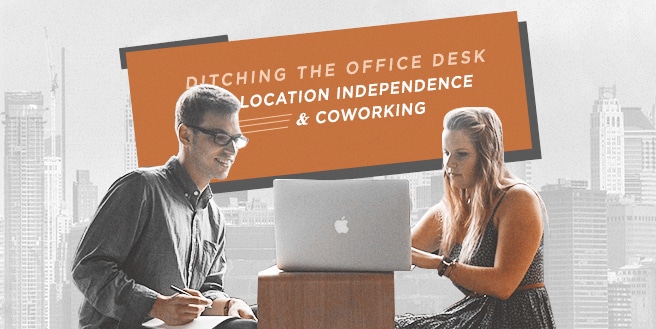


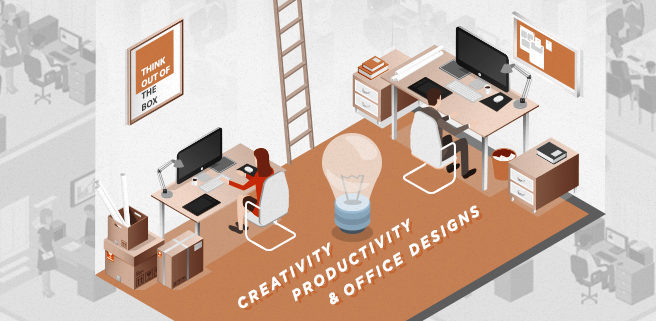
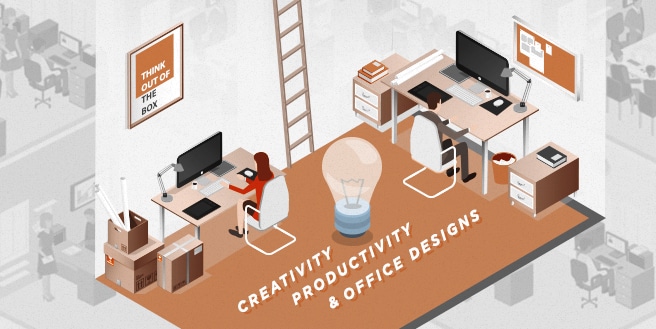
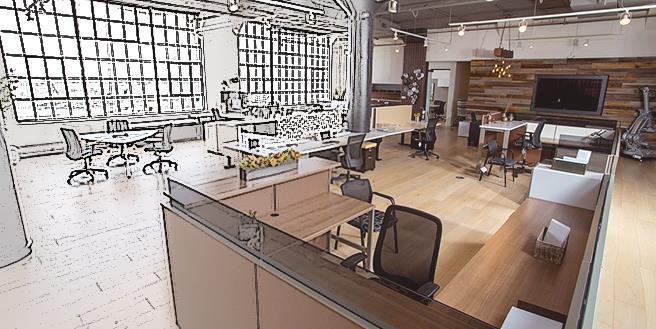




 With a workforce composed of highly literate young individuals and competitive labor rates, numerous countries around the world favor the Philippines as a good destination for offshoring – one of them being, Australia.
With a workforce composed of highly literate young individuals and competitive labor rates, numerous countries around the world favor the Philippines as a good destination for offshoring – one of them being, Australia. The country has a large number of well-educated workforce with over 600,000 tertiary graduates. Universities and schools encourage development by providing skills that companies need, like speaking the English language fluently which caters specifically to the requirements of the BPO Industry.
The country has a large number of well-educated workforce with over 600,000 tertiary graduates. Universities and schools encourage development by providing skills that companies need, like speaking the English language fluently which caters specifically to the requirements of the BPO Industry.